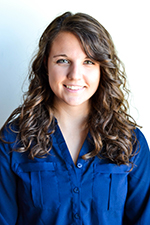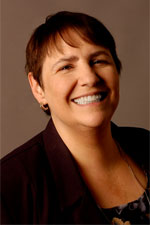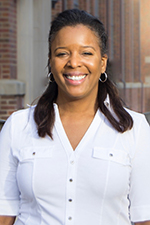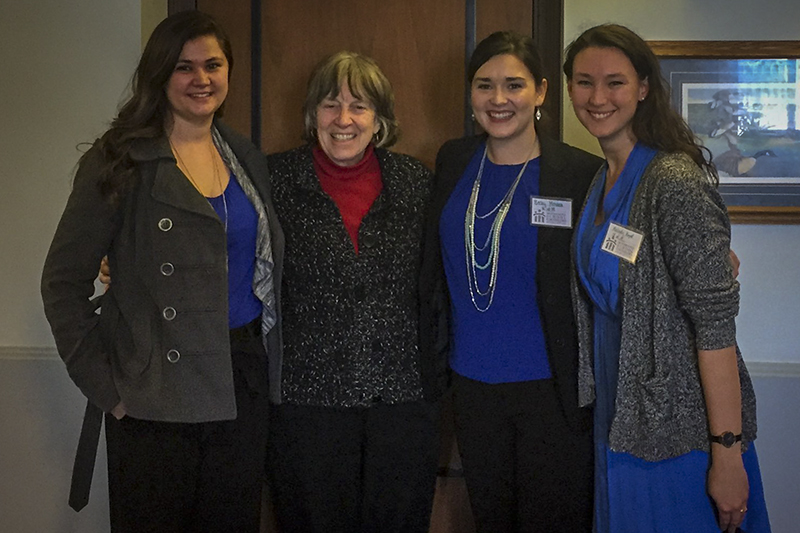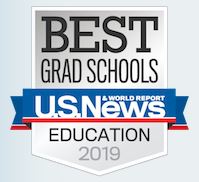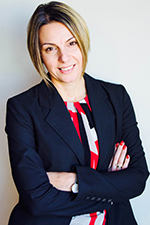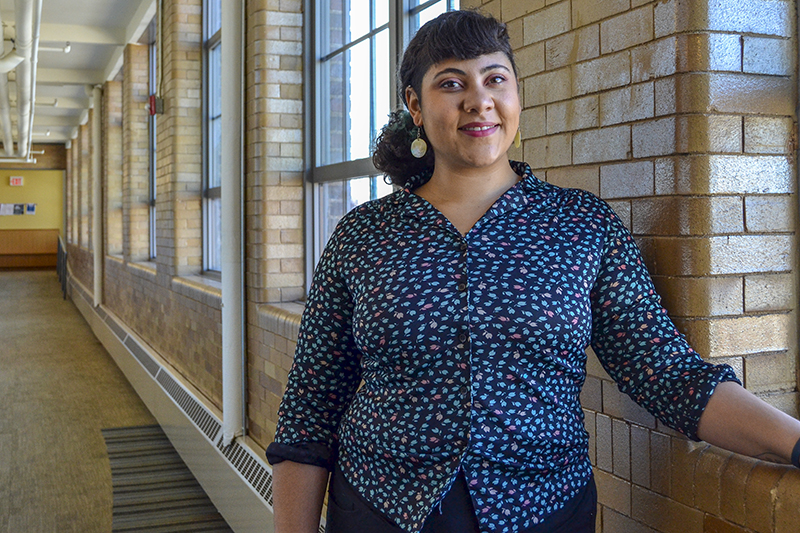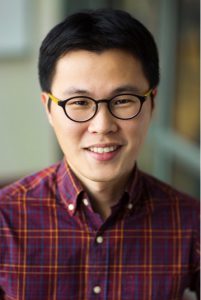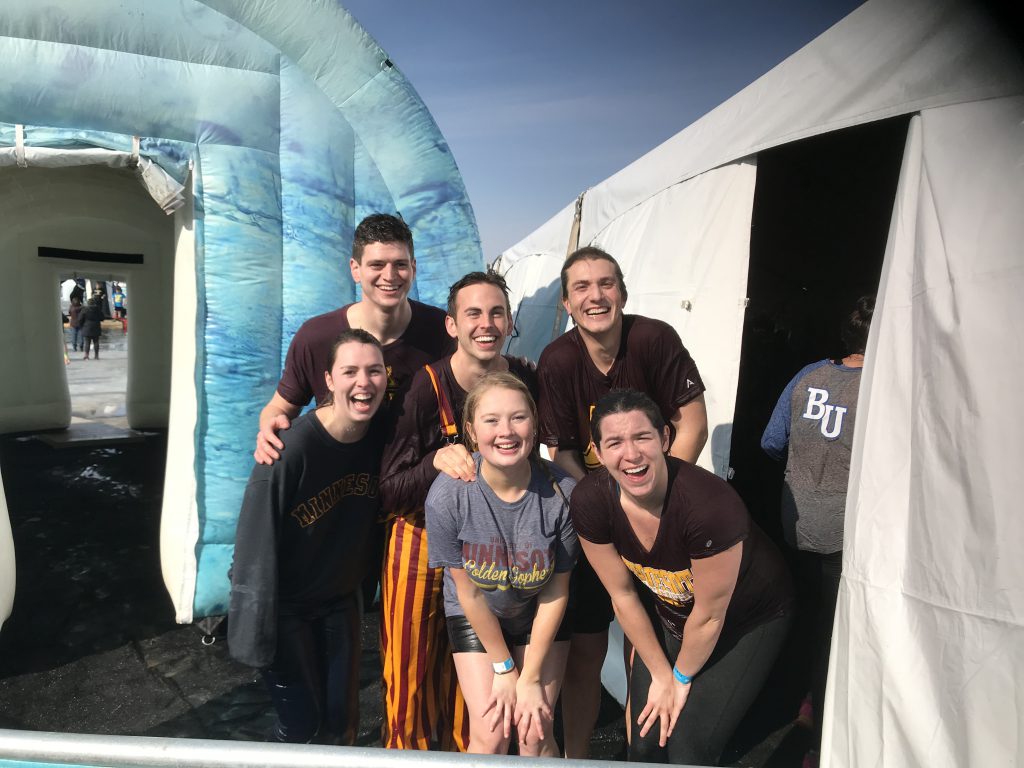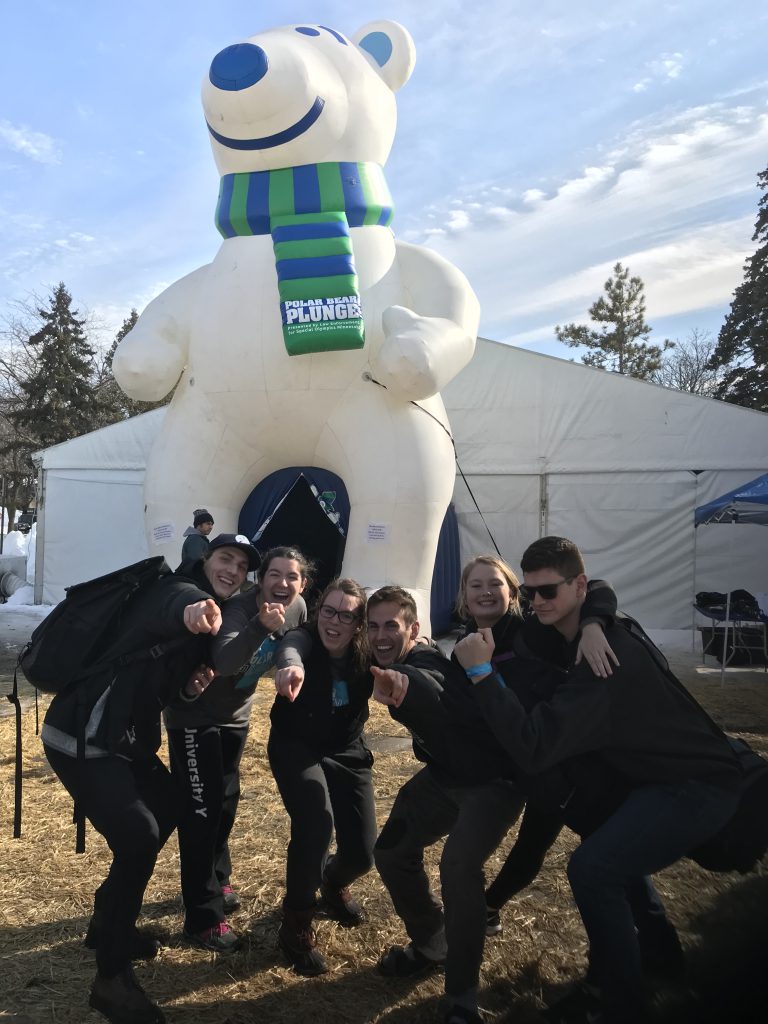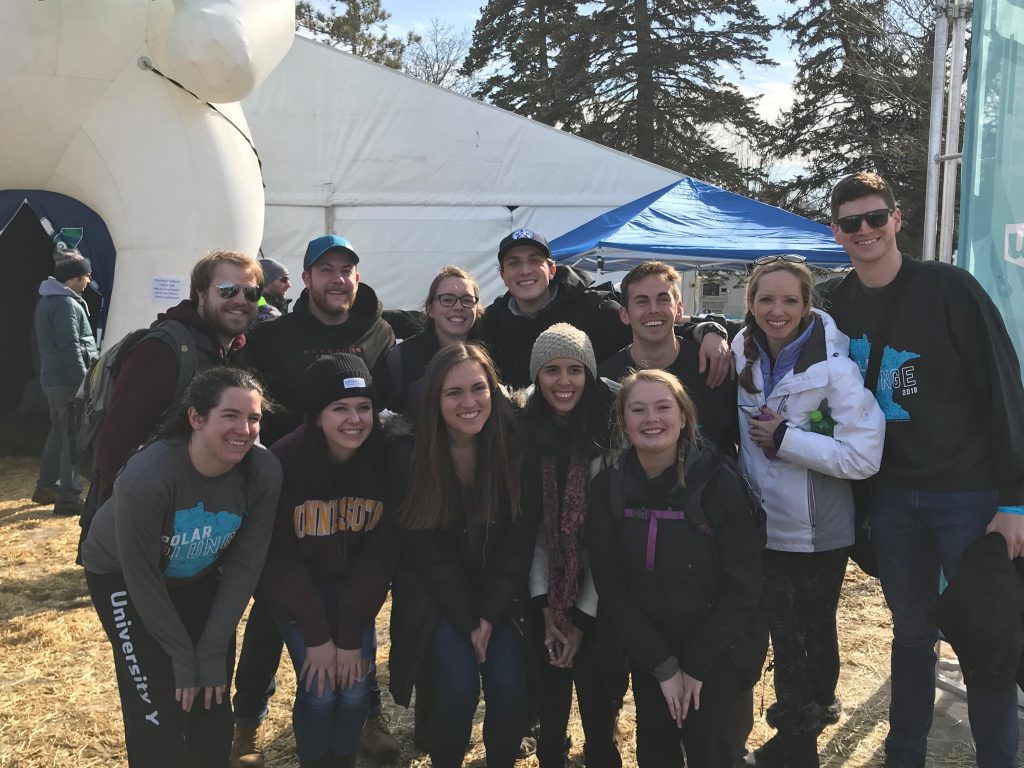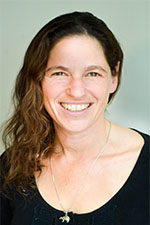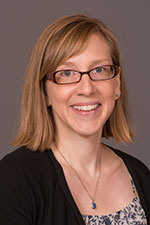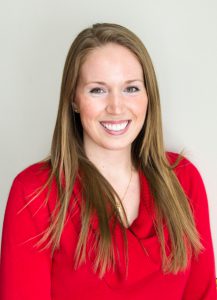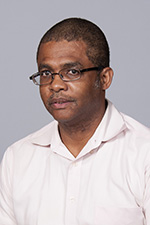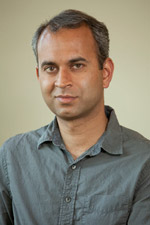Faculty, researchers, and students across the Department of Educational Psychology’s school psychology, special education, and quantitative methods in education programs presented 15 times at this year’s Conference on Research Innovations in Early Intervention (CRIEI).
The event was held in San Diego, California on March 1-3 2018 and showcased new research on interventions for young children with disabilities or those at risk for developmental delays and their families. Posters from the event are on display throughout the Education Sciences Building.
Posters presentations
- Integrating and Sustaining Evidence Based Practices in the Community: A LENA Start™ Example
*Marianne Elmquist, *Erin Lease, and Scott McConnell
- Measuring and Evaluating Team-Based Problem Solving: A Means for Crossing the “Data Use” Chasm?
LeAnne Johnson, *Andrea Ford, *Maria Hugh, and *Brenna Rudolph
- Developing a Prosocial Teacher Rating Scale for Universal Screening in Preschool and Kindergarten
Kristen Missall, Scott McConnell, Salloni Nanda, and Ellina Xiong
- Investigating the Psychometric and Content Characteristics of Common Items Across Languages: Spanish and English Picture Naming Early Literacy Assessments
*Qinjun Wang, *Jose Palma, Alisha Wackerle-Hollman, and Michael Rodriquez
- Investigating the Relationship between Performance Variation in an Early Comprehension Task and Student Demographic Background
*Kelsey Will, *Qinjun Wang, *Erin Lease, and Alisha Wackerle-Hollman
- Measuring Child Engagement: What’s in a Definition?
Veronica Fleury, *Pang Xiong, *Maria Hugh, and *Andrea Ford
- What’s in a Name: Exploring Children’s Alternate Responses to Picture Naming
Alisha Wackerle-Hollman, Robin Hojnoski, Kristen Missall, Scott McConnell, Elizabeth Boyd, and Sana Hussein
- Translating Evidence-Based Practices into Routine Practices with Young Children with Autism
*Andrea Ford, LeAnne Johnson, and Veronica Fleury
- Measuring and Defining Engagement for Young Children with Developmental Disabilities During Free Play: A Systematic Review.
*Maria Hugh, Veronica Fleury, and LeAnne Johnson
- Online Learning Environments for Students with Autism Spectrum Disorder: A statewide perspective on implications and issues for early identification and service delivery.
*Maci Spica and LeAnne Johnson
- Progress Monitoring in Early Childhood Special Education: In Search of Current Trends & Future Needs
*Brenna Rudolph & *Maria Hugh
Panel presentations
- Child Engagement: Defining, Measuring, Analyzing, and Other Issues of the Chicken and Egg Sort
LeAnne Johnson, Robin McWilliam, and Kevin Sutherland
- Battling Pseudoscientific approaches to “Treating” Autism: The Role of the Research Scientist
Veronica Fleury, Ilene Schwartz, and Elizabeth Pokorski
- How long Do We Have? Speeding Development and Deployment of Meaningful Solutions
Scott McConnell, Charles Greenwood, Jomella Thompson-Watson
- Classroom Quality for Dual Language Learners and the Relationship to Growth in English and Spanish
Lillian Duran, Alisha Wackerle-Hollman, and Maria Cristina Limlingan
*Denotes current or past student
Bolded names denote Educational Psychology faculty, staff or researchers
